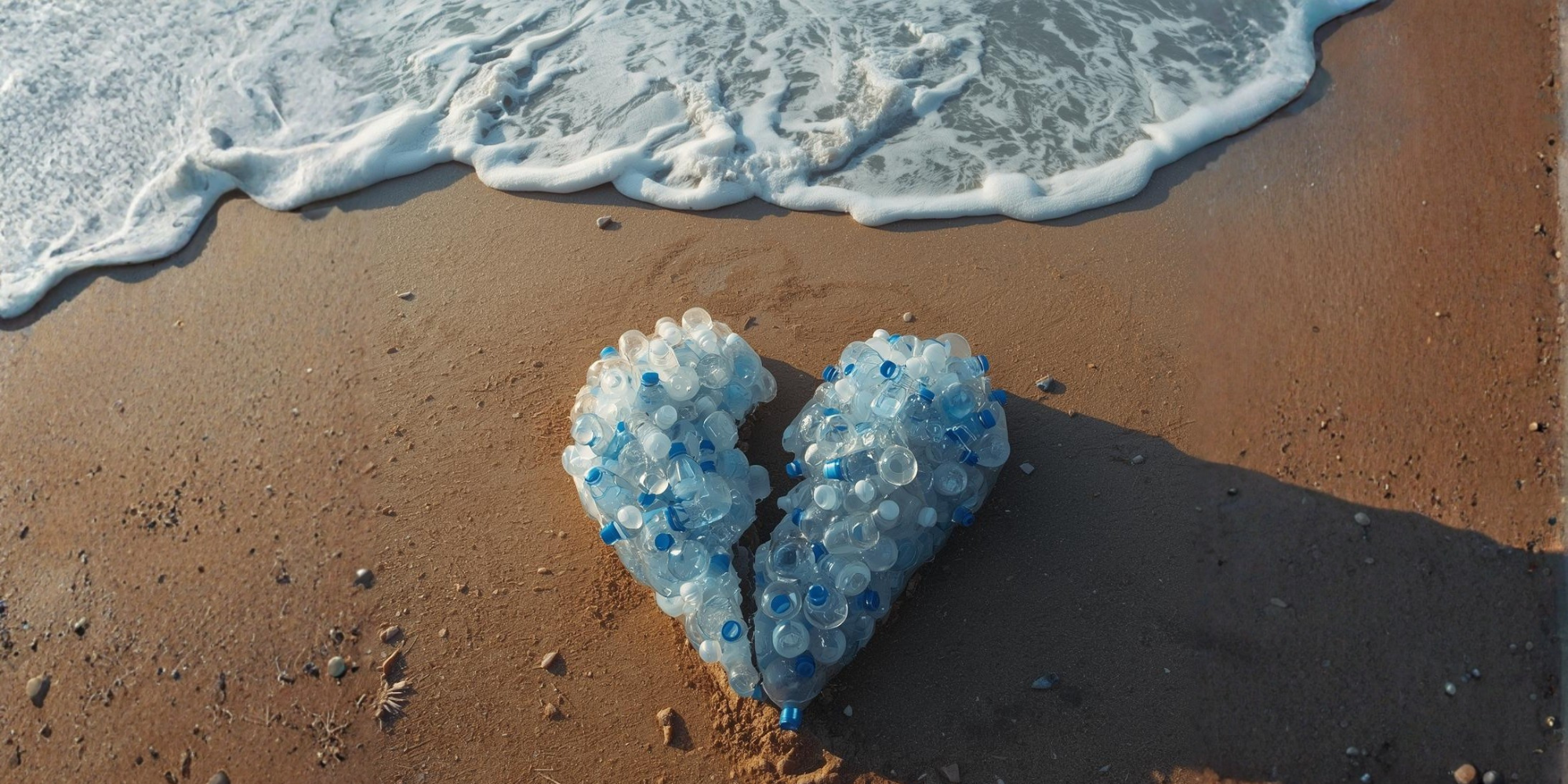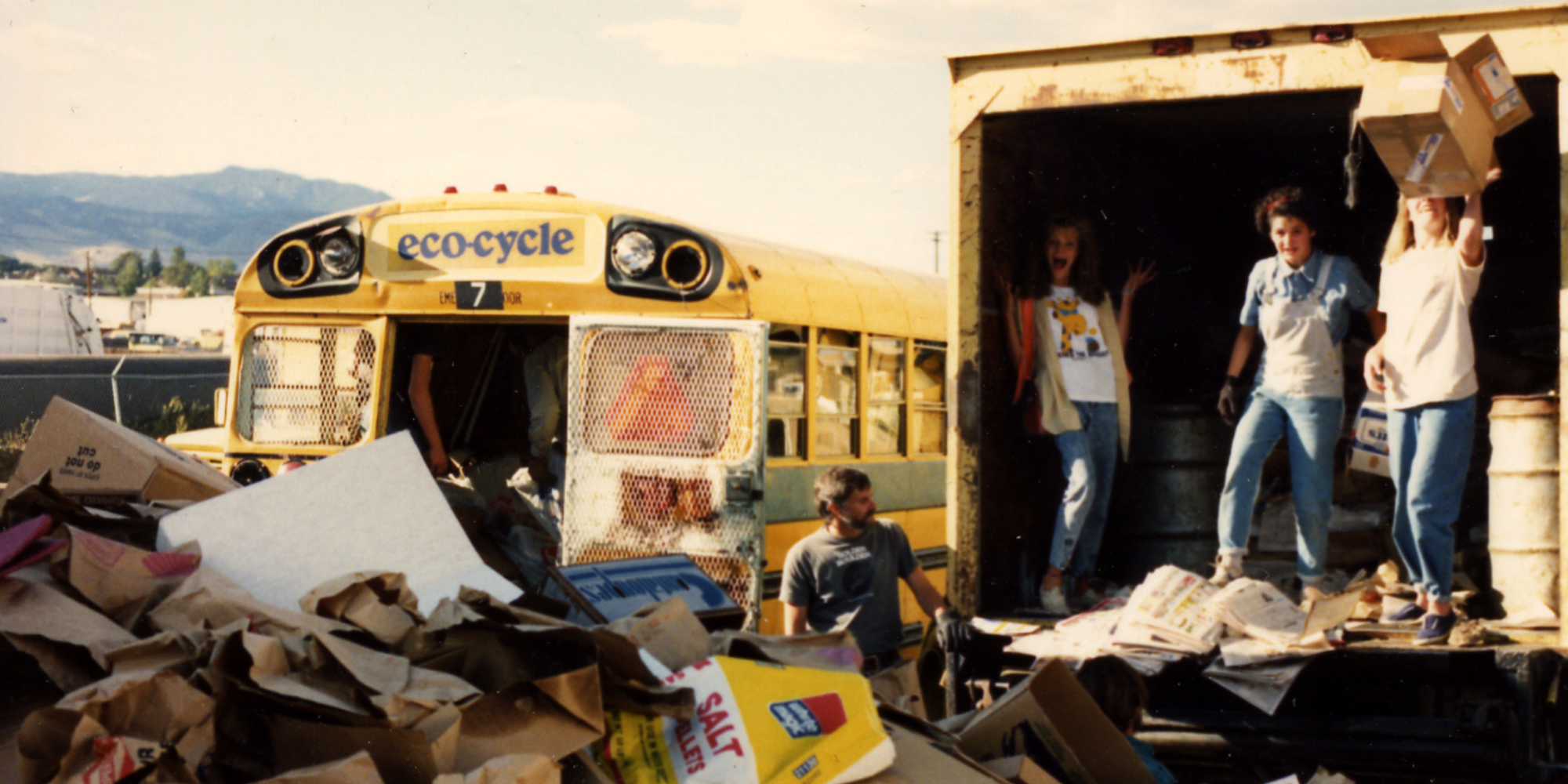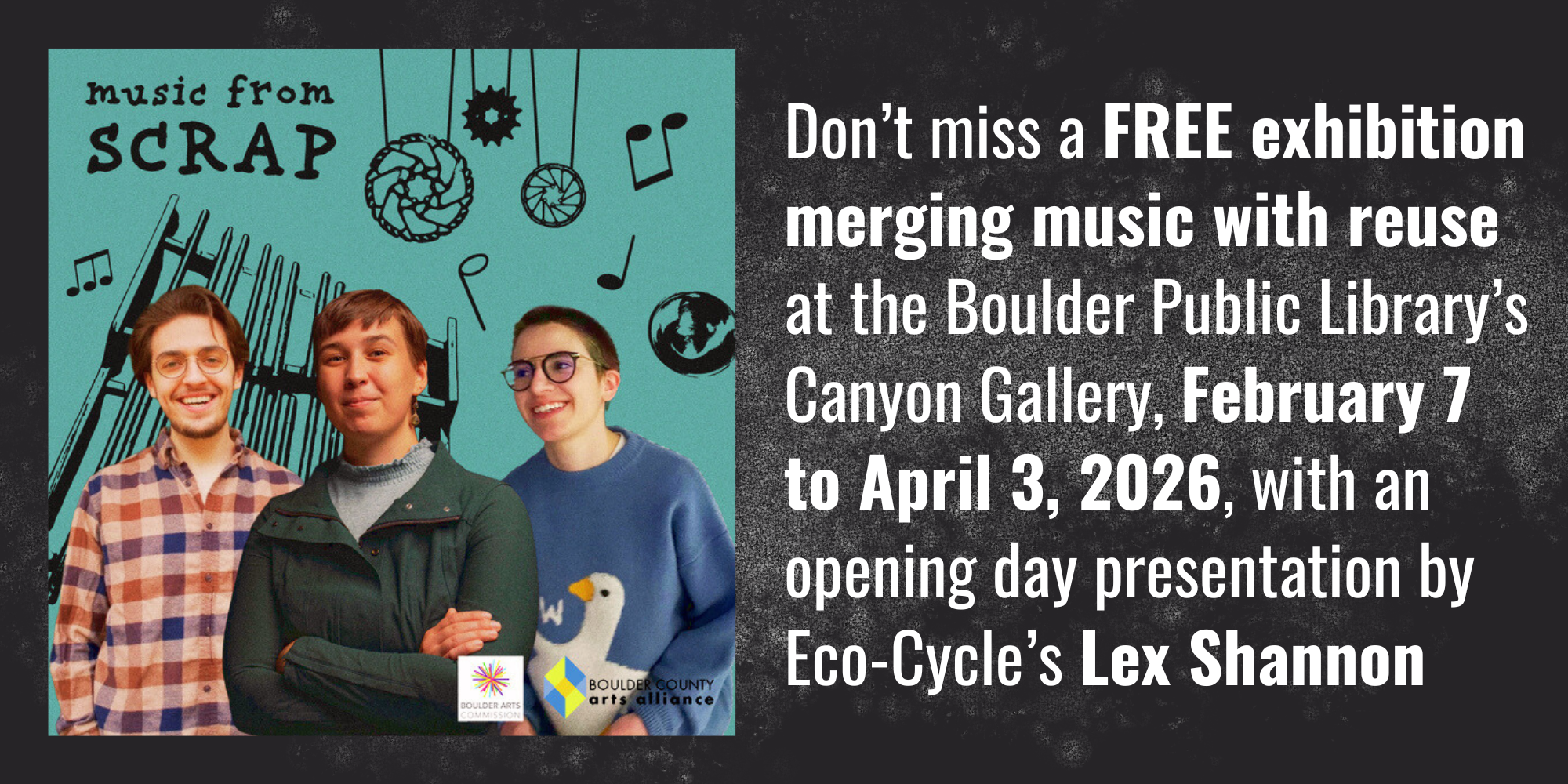Getting Recycling Right for All Coloradans
A new era of recycling is coming to Colorado.

Protecting Colorado’s Producer Responsibility Law from Greenwashing
Tell Governor Polis and Director Hunsaker Ryan: Keep Recycling Honest
Deadline: Tuesday, November 25, 2025
Colorado is on the cusp of building one of the most transparent and trustworthy recycling systems in the country. But right now, that progress is at risk.
Some in the plastics and chemical industry are pushing for two major loopholes in Colorado’s landmark Producer Responsibility law (HB22-1355)—loopholes that would inflate recycling numbers, mislead the public, and weaken the system before it even begins.
These loopholes are technical by design, but the impact is simple: If they succeed, what you put in your recycling bin may not actually be recycled into new products. And companies could claim “100% recycled content” on packaging that barely contains any recycled material at all.
Colorado’s Department of Public Health and Environment (CDPHE) took a strong stance earlier this year, rejecting these tactics and affirming that recycling must be transparent, trackable, and real. Now, industry lobbyists are pressuring the State to reverse that decision.
Colorado has a chance to build the most transparent recycling system in the nation— but only if Governor Polis and Colorado Department of Public Health and Environment Director Hunsaker Ryan hear from us.
- By this Tuesday, November 25: Send a letter urging Governor Polis and Director Hunsaker Ryan to stand firm in support of real and transparent recycling! It takes less than one minute.
What’s at Stake: Two Loopholes That Could Undermine Recycling in Colorado
Loophole #1: Counting plastics turned into fuel as “recycled.”
Some chemical or “advanced” recycling technologies turn plastic into fuel or chemicals that will become fuel. Some in the plastics industry want the State to count this as “recycling.”
But turning plastics into fuel is not recycling. These processes remove plastics from circulation forever, generate pollution, and require more virgin materials to replace what was destroyed. Colorado’s recycling system is meant to keep materials in circulation, not destroy them.
Solution: Colorado must require a verifiable accounting system that only counts plastics as recycled if they are turned into new products. Just as glass becomes new bottles and aluminum becomes new cans, only plastics made into new plastic products should count as “recycled.”
Loophole #2: “Free allocation”—an accounting trick that allows fake recycled-content claims.
Under free allocation, companies could claim recycled content in their packaging without any requirement to prove it with trackable data. A company could market a product as “100% recycled” even if the physical packaging contains little or no recycled plastic.
Solution: Colorado must require transparent and verifiable accounting methods for plastics, like those used to calculate recycled content of glass, paper, and metal. Producers should only be able to claim the amount of recycled content that can be transparently and verifiably shown to be reflected in their packaging.
Make Your Voice Heard
- Send a letter urging Governor Polis and Director Hunsaker Ryan to close these loopholes by Tuesday, November 25, 2025. It takes less than one minute!
A Deeper Look into the Issue
Protecting Colorado’s landmark Producer Responsibility Bill
The Producer Responsibility for Packaging and Paper Products Act (HB22-1355), passed in 2022, transforms Colorado’s recycling system. Starting in 2026, companies that sell products in packaging—not taxpayers—will begin to fund residential recycling services.
This new system will provide:
- Free, convenient, and consistent recycling for every Colorado resident
- Funding of recycling by producers, not consumers
- Incentives for companies to reduce packaging, design for reuse, and use more recycled materials
This approach of providing incentives—called eco-modulation—uses financial rewards and penalties to incentivize companies toward more sustainable packaging that uses more Post-Consumer Recycled (PCR) content.
But for this system to work, we must close loopholes—including “free allocation” accounting methods—that some in the plastics industry are championing.
Transparent Accounting Is the Backbone of Real Recycling
Most recyclable materials—paper, glass, aluminum, and many plastics—follow verifiable accounting systems that track the average amount of recycled content going into products. This is referred to as the “rolling average.” The actual ratio of recycled material in a product line is tracked over a specific timeframe to report an average amount of recycled content in that product line. The amount of recycled material a company can claim is used to create packaging is what is actually used in that packaging, and is verifiable.
However, some in the plastics industry are currently lobbying the State for unverifiable accounting systems, including free allocation and “polymer-only” credit methods.
Here’s the difference:
Verifiable Accounting (Ex: Rolling average)
- Tracks recycled vs. virgin material through every manufacturing step
- Ensures recycled-content claims reflect a product’s actual constitution
- Is already used reliably for recycling glass, metal, and paper
- Aligns with Colorado’s intent for honest, transparent recycling
Non-Verifiable Methods (Ex: Free allocation and other credit methods)
- Assign “credits” in ways that don’t reflect real material use
- Allow companies to take recycled-content credits from one product and apply them to a different product
- Allow chemical byproducts that will be turned into fuel to count as recycled
- Lead to inflated, misleading, or false recycling claims
If these loopholes are allowed, companies could claim they’re recycling and using recycled materials—and receive eco-modulation benefits—even if their products aren’t truly recyclable or don’t contain recycled content.
Protecting Real Recycling for Colorado
We have a once-in-a-generation opportunity to transform how Colorado recycles—making it more accessible, effective, and transparent. But we must ensure the system is trustworthy and reliable. To protect the integrity of our new Producer Responsibility system, we must demand:
- Plastics used as fuel (or converted into chemicals that will become fuel) should never count as recycling.
- Post-consumer recycled content claims must be transparent, verifiable, and reflect the real recycled content in packaging.
- Eco-modulation must reward honesty: only companies that truly reduce, reuse, include more recycled content, and eliminate toxic chemicals intentionally added to their packaging should receive financial benefits.
Recycling should reliably mean RECYCLING. Products should reflect the truth. And producers should be held accountable for what they create. Tell Governor Polis and Director Hunsaker Ryan to protect real recycling in Colorado.



























